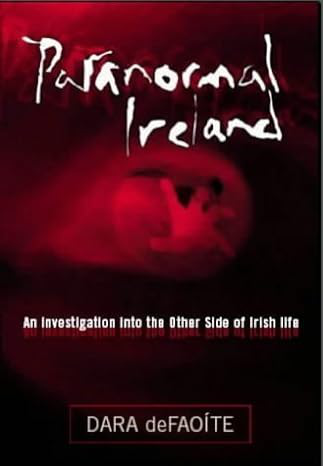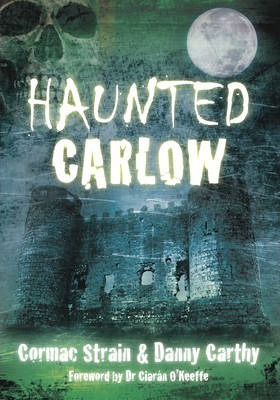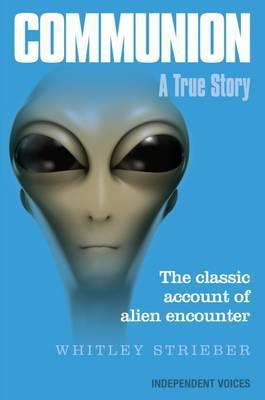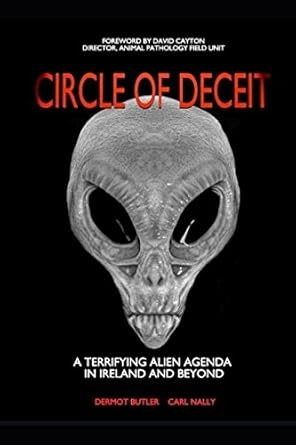’Alien Life’ From Asteroid Was Contaminated Sample
Alien Life & UFO/UAPs
Wednesday 27th, November 2024
3 minute read.
A rock sample from the asteroid Ryugu, returned to Earth by Japan’s Hayabusa 2 spacecraft, has revealed the presence of microbial life. However, researchers believe these microbes are terrestrial in origin, serving as a critical reminder of the challenges in preventing contamination during space missions.
In December 2020, Hayabusa 2 completed its six year journey, bringing back 5.4 grams of material from Ryugu, located over 300 million kilometres from Earth. After the sample capsule landed in the Australian outback, it was transported to a specialised facility in Sagamihara, Japan. Inside a meticulously controlled environment, the sample was first opened in a vacuum room within a clean room, before being transferred to a nitrogen filled chamber for storage. Sections of the sample were then placed in nitrogen filled containers and distributed to researchers worldwide.
One of these samples was sent to a team led by Dr Matthew Genge at Imperial College London. Initial X-ray scans of the sample showed no signs of microbial life. However, after embedding the sample in resin and examining it weeks later with a scanning electron microscope (SEM), the team found what appeared to be filament-shaped bacteria.
Genge described the moment as both thrilling and sobering. “It was an exciting moment, but also in the back of my mind I knew from previous studies how easy it is for bacteria to colonise rocks”, he said.
Further SEM observations revealed that the bacteria population grew over time in a pattern consistent with terrestrial microorganisms. This, combined with their absence in the initial scans, strongly suggests that the microbes were Earth based. Genge believes the contamination likely occurred after the sample was embedded in resin, in a facility that also handled terrestrial meteorite samples.
“It only needs one bacterium or one bacterial spore in order for this to happen”, Genge explained. “When we’re preparing meteorite samples, for example, we usually don’t see this colonisation occurring, and that’s because the chances are really low. In this case, a single bacterium fell on that sample and started to grow”.
Genge emphasised the importance of these findings for upcoming sample-return missions, such as NASA’s Perseverance rover mission, which aims to bring back Martian samples. “The discovery of microbes within a space return sample really should be the gold standard for discovering extraterrestrial life. If we were ever to do that — if we flew to Mars, took some samples, brought them back and found microbes in them — you would say that was the smoking gun,” he said.
“But our discovery really shows that you have to be so incredibly careful about that interpretation, because samples are so easy to contaminate with terrestrial bacteria.”
Dr Javier Martin-Torres from the University of Aberdeen agreed that the growth patterns suggest a terrestrial origin but noted that DNA sequencing would be necessary to confirm this definitively.
This incident highlights how adept bacteria are at surviving in extreme environments, even those mimicking extraterrestrial conditions. Genge pointed out that microbes can thrive on organic material found in meteorites, effectively “dining out on extraterrestrial snacks.”
This resilience strengthens the argument that life could potentially survive in other parts of the solar system. “Maybe there is an ecosystem, a pretty sparse ecosystem, but an ecosystem on Mars which is supported by manna from heaven, by meteorites that fall on the surface,” Genge suggested.
With future missions poised to collect samples from Mars and beyond, these findings underline the importance of stringent contamination controls.
In December 2020, Hayabusa 2 completed its six year journey, bringing back 5.4 grams of material from Ryugu, located over 300 million kilometres from Earth. After the sample capsule landed in the Australian outback, it was transported to a specialised facility in Sagamihara, Japan. Inside a meticulously controlled environment, the sample was first opened in a vacuum room within a clean room, before being transferred to a nitrogen filled chamber for storage. Sections of the sample were then placed in nitrogen filled containers and distributed to researchers worldwide.
One of these samples was sent to a team led by Dr Matthew Genge at Imperial College London. Initial X-ray scans of the sample showed no signs of microbial life. However, after embedding the sample in resin and examining it weeks later with a scanning electron microscope (SEM), the team found what appeared to be filament-shaped bacteria.
Genge described the moment as both thrilling and sobering. “It was an exciting moment, but also in the back of my mind I knew from previous studies how easy it is for bacteria to colonise rocks”, he said.
Further SEM observations revealed that the bacteria population grew over time in a pattern consistent with terrestrial microorganisms. This, combined with their absence in the initial scans, strongly suggests that the microbes were Earth based. Genge believes the contamination likely occurred after the sample was embedded in resin, in a facility that also handled terrestrial meteorite samples.
“It only needs one bacterium or one bacterial spore in order for this to happen”, Genge explained. “When we’re preparing meteorite samples, for example, we usually don’t see this colonisation occurring, and that’s because the chances are really low. In this case, a single bacterium fell on that sample and started to grow”.
Genge emphasised the importance of these findings for upcoming sample-return missions, such as NASA’s Perseverance rover mission, which aims to bring back Martian samples. “The discovery of microbes within a space return sample really should be the gold standard for discovering extraterrestrial life. If we were ever to do that — if we flew to Mars, took some samples, brought them back and found microbes in them — you would say that was the smoking gun,” he said.
“But our discovery really shows that you have to be so incredibly careful about that interpretation, because samples are so easy to contaminate with terrestrial bacteria.”
Dr Javier Martin-Torres from the University of Aberdeen agreed that the growth patterns suggest a terrestrial origin but noted that DNA sequencing would be necessary to confirm this definitively.
This incident highlights how adept bacteria are at surviving in extreme environments, even those mimicking extraterrestrial conditions. Genge pointed out that microbes can thrive on organic material found in meteorites, effectively “dining out on extraterrestrial snacks.”
This resilience strengthens the argument that life could potentially survive in other parts of the solar system. “Maybe there is an ecosystem, a pretty sparse ecosystem, but an ecosystem on Mars which is supported by manna from heaven, by meteorites that fall on the surface,” Genge suggested.
With future missions poised to collect samples from Mars and beyond, these findings underline the importance of stringent contamination controls.



